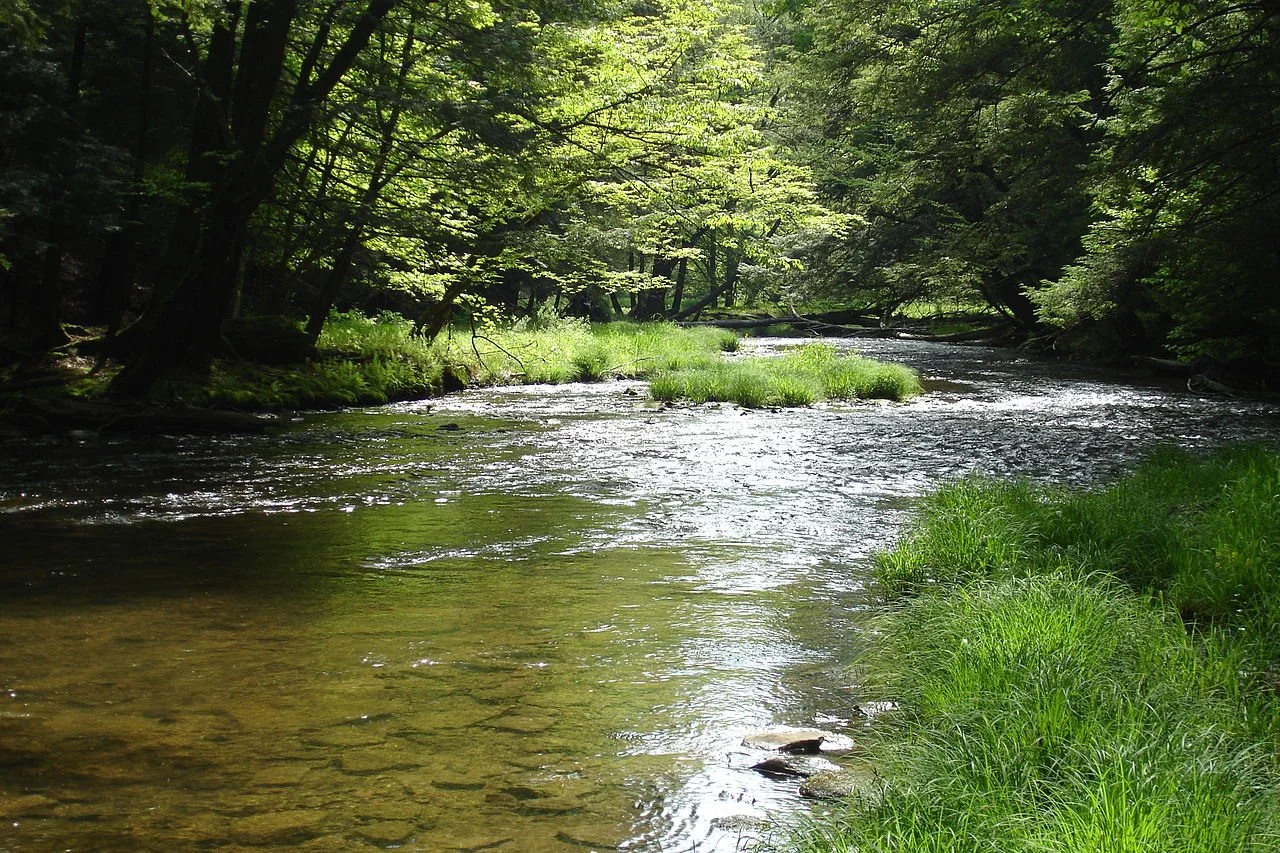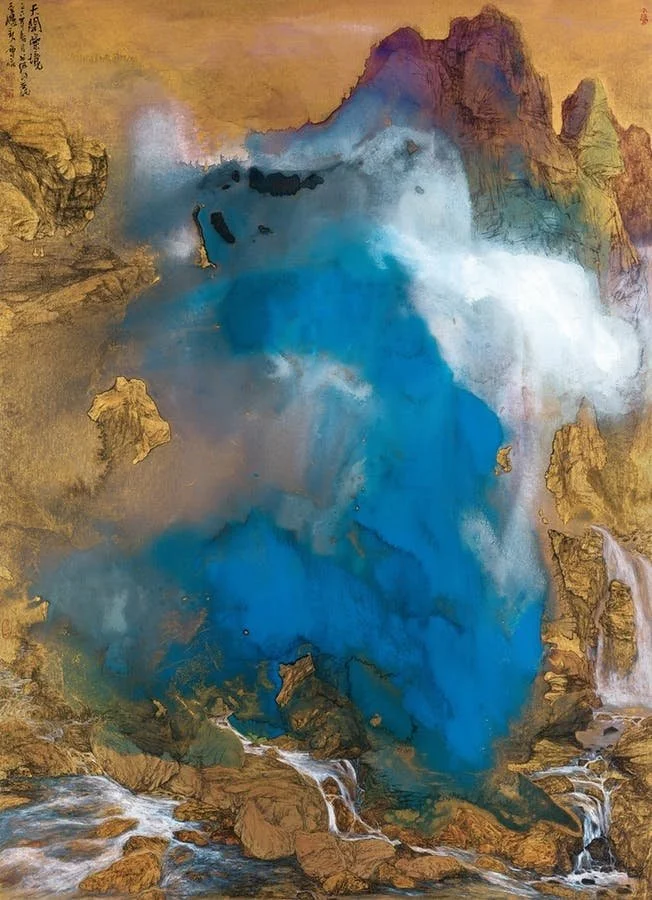
Teaching
“When despair prevails, we cannot create life-sustaining communities of resistance. Paulo Friere reminds us that “without a vision for tomorrow hope is impossible.” Our visions for tomorrow are most vital when they emerge from the concrete circumstances of change we are experiencing right now.”
background is River of Stars Crossing Time and Space 穿越时空的星河, 2016, mixed media on canvas, 162 x 330 cm © Cao Jun
empowering student agency beyond the classroom
Philosophy calls us to take seriously our understanding of and responsibility within the world around us. My classroom serves as a supportive but challenging laboratory for engaging with a diversity of perspectives on difficult, real-world topics. Philosophers have always, historically, worked to move the world through a variety of methods, from art and poetry to policy and activism. I extend a permanent invitation to students to explore different modes of inquiry, discussion and expression that can empower them beyond the classroom.
critical, pluralistic engagement with the history of philosophy
Philosophy was not “invented” in the mythical, independent, intellectual “island” of Athens. Marginalized peoples did not suddenly wake up with the ability to philosophize in the 18th century. We honor the value of philosophical tradition and intellectual community when we work to retrieve and critically engage with pluralistic, innovative modes of inquiry and philosophical praxis across cultures and time
cultivating community and caring for the whole student
The majority of undergraduate students who study philosophy will not become professional philosophers. Yet, philosophy can be healing, liberatory, formative of one’s identity, sense of belonging, values and purpose. I prioritize these vocational discussions with students, and making support accessible to students with widely varied, too-often invisible needs
Instructor of Record
-

Seeking Liberation in Place: Engaging Feminist Politics of Place, Tufts ExCollege, Spring 2025
In bell hooks’ late autobiographical text, belonging, she articulates what it means to her to be a distinctly Appalachian feminist. She describes her relationship to the Kentucky hills both as a sacred resource for feminist, anti-racist, and class-based liberation, as well as a site of deep alienation due to Appalachia’s social bigotry, environmental degradation, and the prejudices that urban and academic communities often hold against rural communities. In this course, we will traverse a number of intersectional, interdisciplinary, feminist theories of place, including indigenous, Appalachian, Latina, pragmatist and contemporary feminisms, to consider how space can both be a source of oppression and opportunity for liberation. We will engage in creative modes of reflection, from art to policy analysis, and utilize place-based feminist pedagogies, to consider what it means to belong to a community, be responsible for a community, speak for a community, be oppressed by or find new freedom through a particular relationship to place. Each student will propose a creative project of their own design which helps them connect the themes of the course to their personal experiences of space and belonging and innovate possible liberatory community paths. This 3-credit course will meet once per week for 2.5 hours.
-

Philosophy of the Person I, Boston College, Fall 2022, 2023, 2024
This course will introduce students to cross-cultural ancient and medieval perspectives on the nature and purpose of the human person. What is the soul? What constitutes our duties to ourselves, our community, or our global society? Is there a discernable meaning to our lives? Students will gain skills to connect historical reflections on these themes to their own lives and challenges faced by the present world. Traditions include Indigenous, Buddhist, Confucian, Taoist, Greek, Scholastic, and Feminist Mystic Philosophies. Completion of Philosophy of the Person I in the fall and Philosophy of the Person II in the spring fulfills the six-credit core requirement for philosophy for BC undergraduate students.
-

Philosophy of the Person II, Boston College, Spring 2023, 2024, 2025
This course will introduce students to modern and contemporary perspectives on the nature and purpose of the human person. What shapes our identities and values? Personal experiences? Structural institutions? How do we balance personal autonomy and political power in a way that empowers the pursuit of meaning and purpose in human life? How do we navigate the ethical risks of defining systems of power and influence? Authors include Machiavelli, Descartes, Hobbes, Locke, Rousseau, Kant, Wollstonecraft, Douglass, Marx, Nietzsche, Mill, Arendt, Gandhi, Tich Nacht Hahn, Martin Luther King Jr., Jane Addams, Freire, Adorno and Horkheimer, MacKinnon, Lugones, Ella Baker, Wells, and Young. Completion of Philosophy of the Person I in the fall and Philosophy of the Person II in the spring fulfills the six-credit core requirement for philosophy for BC undergraduate students.
Awards & Recognitions
-
Awarded by the Boston College Center for Teaching Excellence
-
Fellowship for the Northeast Workshop on Multicultural Philosophy for the study of indigenous philosophy
-
Graduate Director for the Philosophy in an Inclusive Key Boston Summer Institute at MIT.
-
Certificate awarded for study of inclusive teaching practice at the Center for Teaching Excellence at Boston College
Professional Development for Inclusive Teaching Practice
-
2024 NEH Fellow for North East Workshop on Multicultural Philosophy, learning to teach indigenous philosophies
-
1 year graduate program at Boston College that teaches students how to design and teach service learning courses, alongside doing research in the philosophy of education and history of service learning pedagogies, and being embedded as a TA in a year-long PULSE course at BC and doing service alongside students at a Boston area service location
-
In serving as a Graduate Director, gained experience managing week long educational program run by MIT and Harvard to prepare underrepresented undergraduates in philosophy for careers in philosophy.
https://piksiboston.weebly.com/
-
Chapter Director and volunteer teacher for Boston Chapter of national program bringing philosophy to underserved high school students
https://corrupttheyouth.org/
-
Teaching Excellence program at Boston College, wherein graduate students attend special seminars on inclusive classroom practices and prepare a teaching portfolio
-
2019 Summer program studying anti-racist pedagogies in Washington, D.C. at American University to prepare my design of anti-racist civics curriculum which I taught through CIVICS in the Capitol to marginalized middle schoolers
-
Departmental workshops on how to teach the history of feminist philosophy and the philosophy of race
-
Seminar in the Department of Formative Education on Formative Pedagogies in the Lynch School of Education and Human Development at Boston College

“…education is not what the professions of certain men assert it to be. They presumably assert that they put into the soul knowledge that isn’t in it, as though they were putting sight into blind eyes…but this power is in the soul of each, and that the instrument with which each learns— just as an eye is not able to turn toward the light from the dark without the whole body— must be turned around from that which is coming into being together with the whole soul until it is able to endure looking at that which is and the brightest part of that which is…There would, therefore,…be an art of this turning around…”
— Plato’s Republic


